Our projects and research shape the STEM education field by introducing innovative curricula and improving student access to STEM.
We support more than 60 active projects every year, and our high-quality, innovative research is based on the understanding that for STEM, real-world application matters. We inspire, motivate, and create life-long learners by helping students connect what they are taught in the classroom to the world around them.
These projects and our research are designed to encompass a wide range of subjects and disciplines within STEM education and teaching methods to expand accessibility for all eager minds.
Can’t find what you need? Explore our archive of past projects.
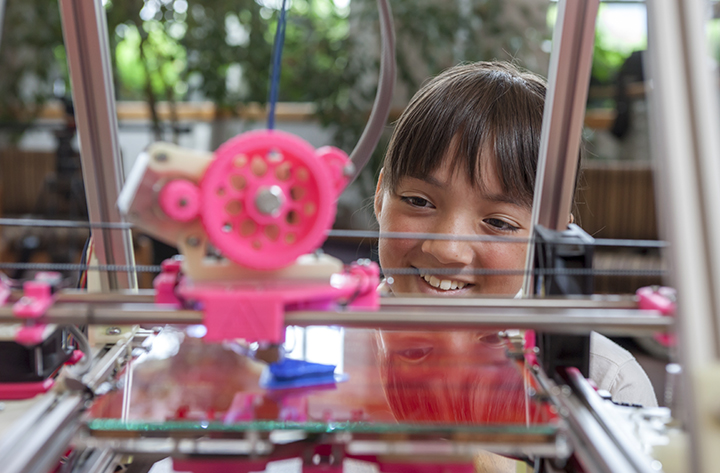
MPACT provides opportunities for students to engage in computational thinking, spatial reasoning, and mathematical concepts through design and hands-on making projects.

MIaFS addresses a largely under-studied population, in this case Faculty of Color in STEM (FCS) who are also Gender and Sexual Minorities (GSM), through the use of methods rarely used in STEM education research, namely participant-generated Arts-Informed Research (AIR).
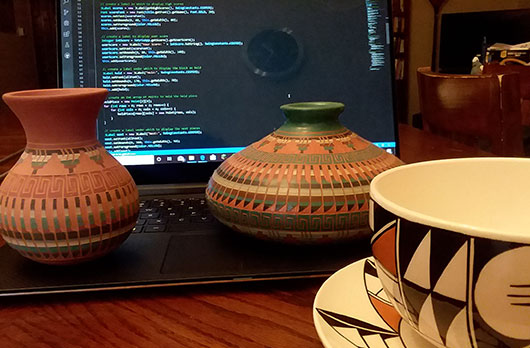
NSP is a longitudinal study on the experiences of Native STEM students, faculty, and professionals and the barriers and supports they encounter in STEM.
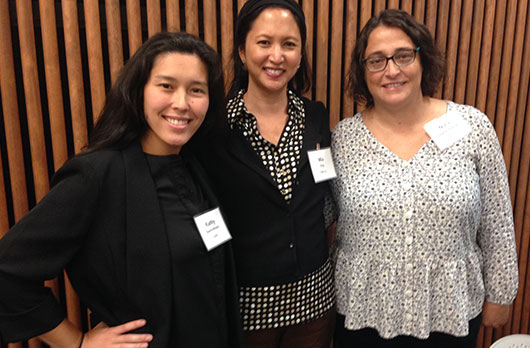
This study examines landscape data and trends on participation of Native women and two-spirit individuals in computing through a scoping review of the existing literature.
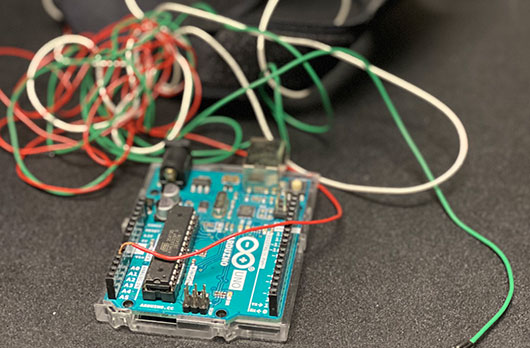
The NeuroVivid project is developing a BCI maker experience for neurodiverse multi-cultural learners to broaden interest in STEM.

Provided parents with accessible ways to support their children’s math learning.
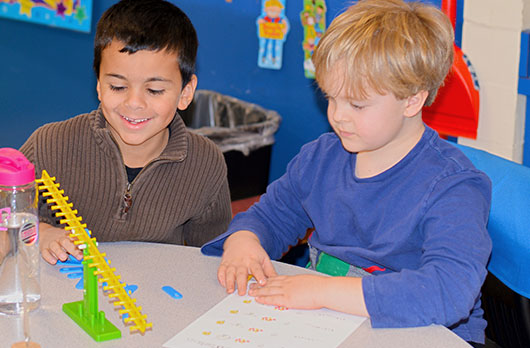
Project LEAP researchers are developing a Grades K–5 Early Algebra Learning Progression (EALP) to foster young children’s algebraic thinking and are testing its potential to improve children’s algebra-readiness for middle grades.
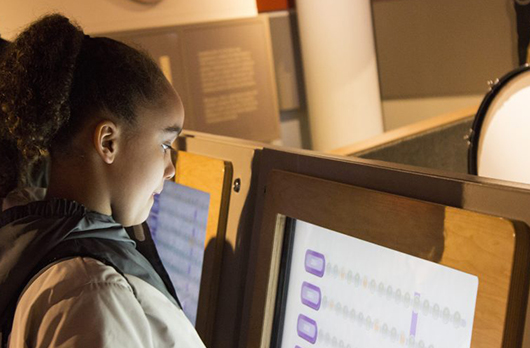
Broadening rural middle school history students’ participation in meaningful and culturally relevant CS instruction.

This project looks for large scale impacts of such a widespread, sustained-over-time experience on students, teachers, schools and communities.
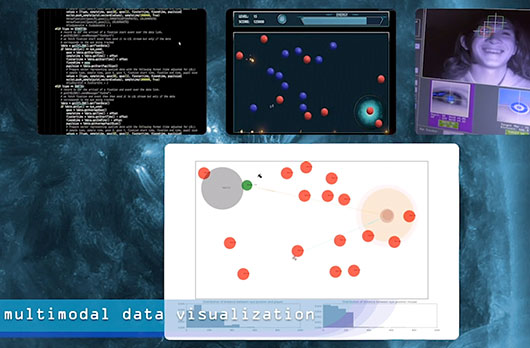
Investigators from TERC, Landmark College, and MIT collaborated to examine the relationships among patterns of play in a digital game (“Impulse”), student attention (measured from eye- and head-tracking devices); and student learning about Newton’s first and second laws.
